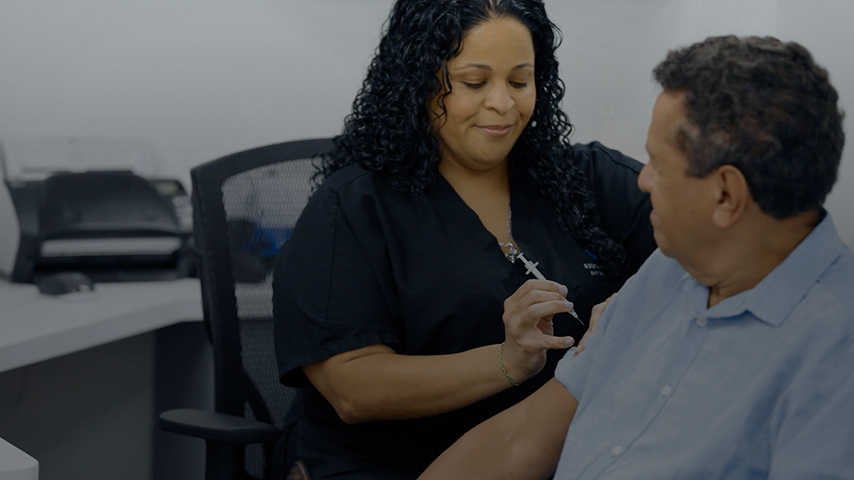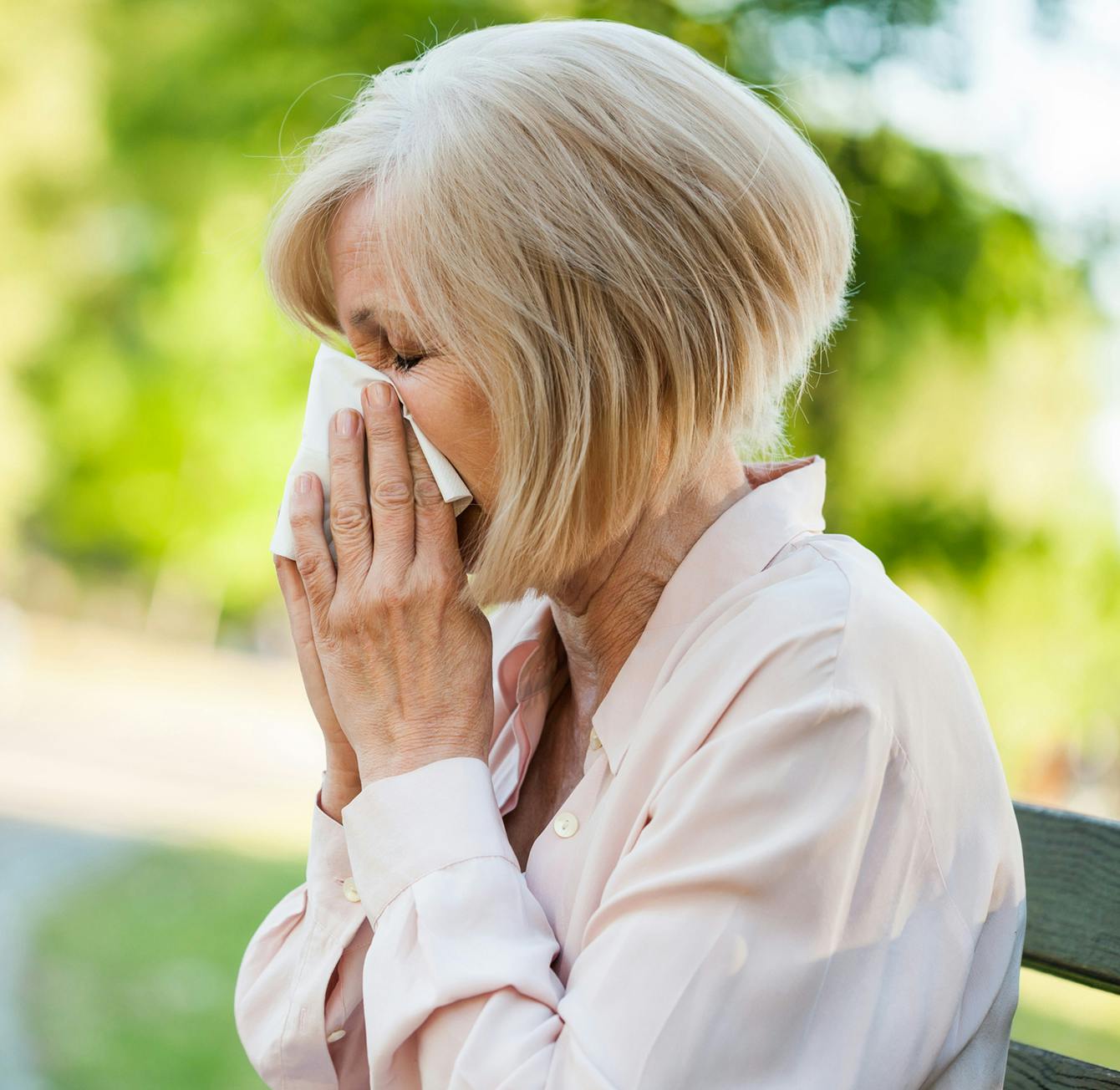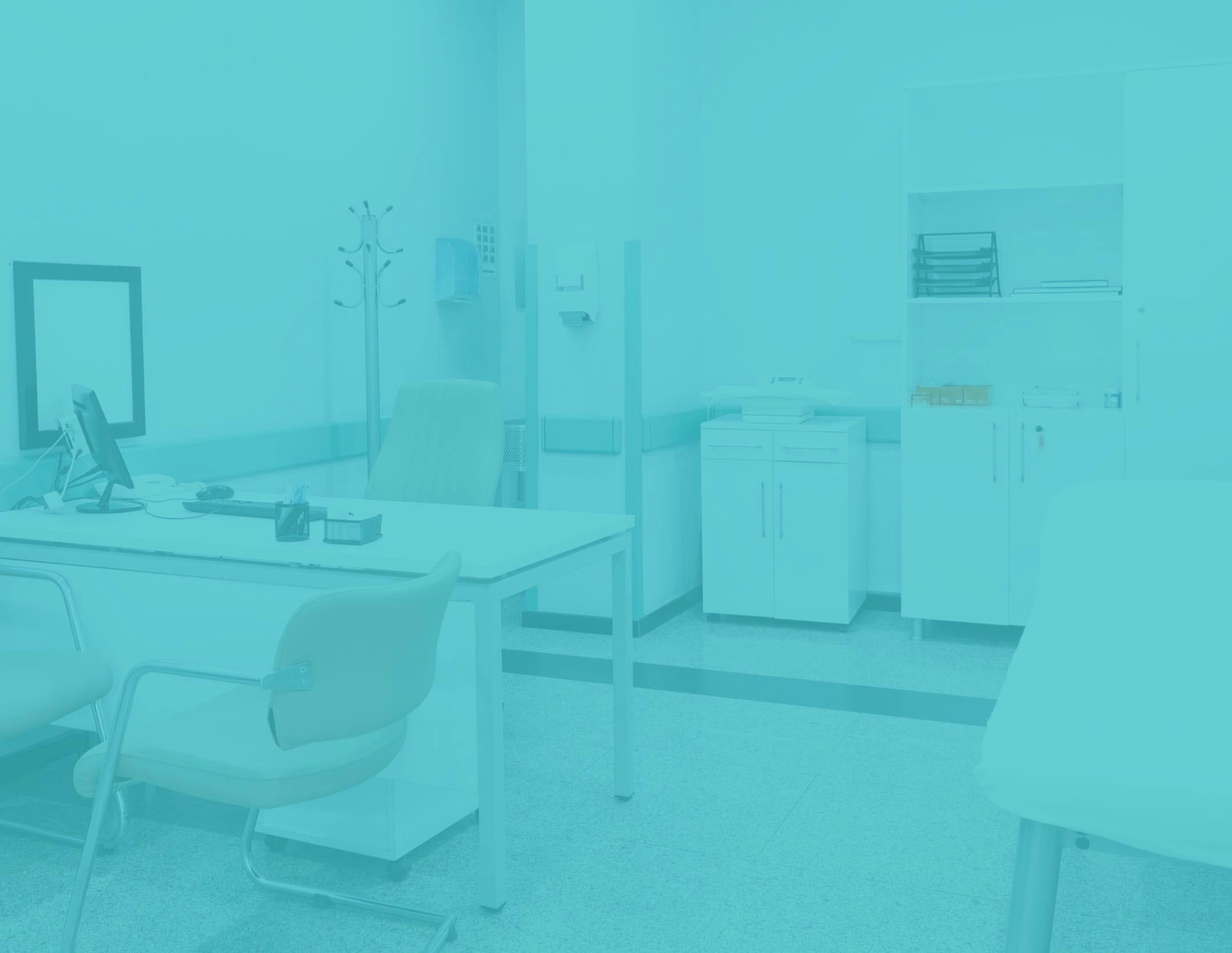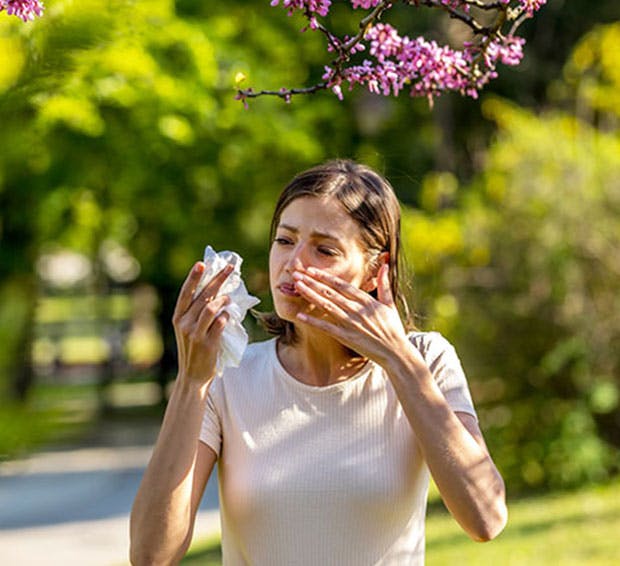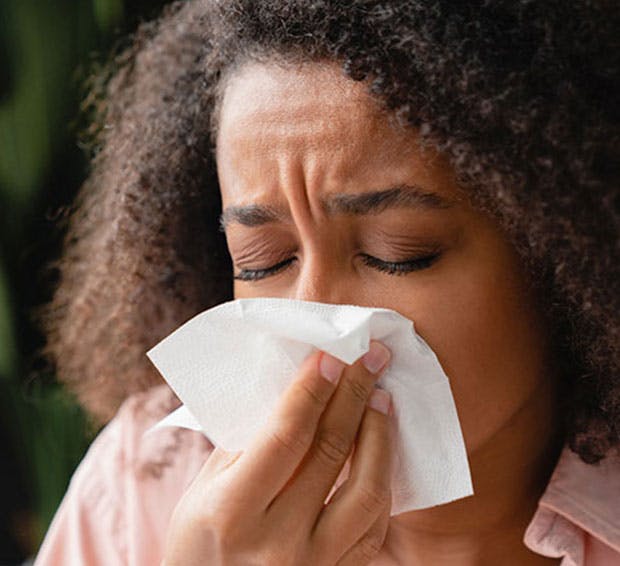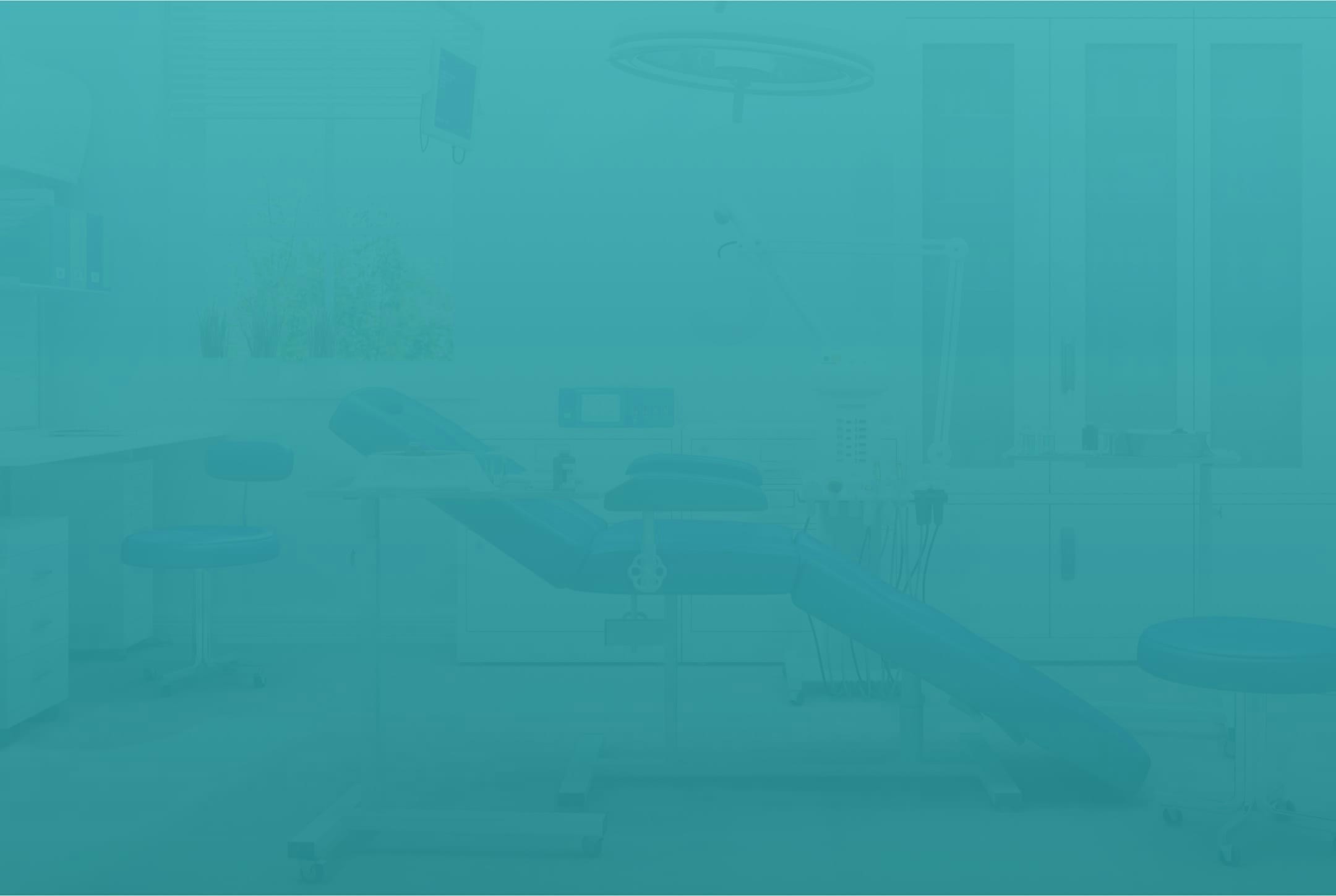Allergy symptoms occur when the immune system reacts to an allergic substance that has entered the body as though it was an unwelcome invader. The immune system will produce specific antibodies capable of recognizing the same allergic substance if it enters the body at a later time.
When Should an Allergy Doctor in Miami be Consulted?
The most appropriate person to evaluate allergy problems is an otolaryngologist (ear, nose, and throat specialist). Aside from gathering a detailed history and completing a thorough examination of the ears, nose, throat, head, and neck, your doctor or allergist in Miami will offer advice on proper environmental control, and will evaluate the sinuses to determine if infection or structural abnormality (deviated septum, polyps) is contributing to the symptoms.
In addition, the doctor may advise testing to determine the specific allergen that is causing discomfort. In some cases, immunotherapy or allergy shots may be recommended or an alternative allergy treatment option. Immunotherapy is a unique treatment because it induces the buildup of protective antibodies to specific allergens.


